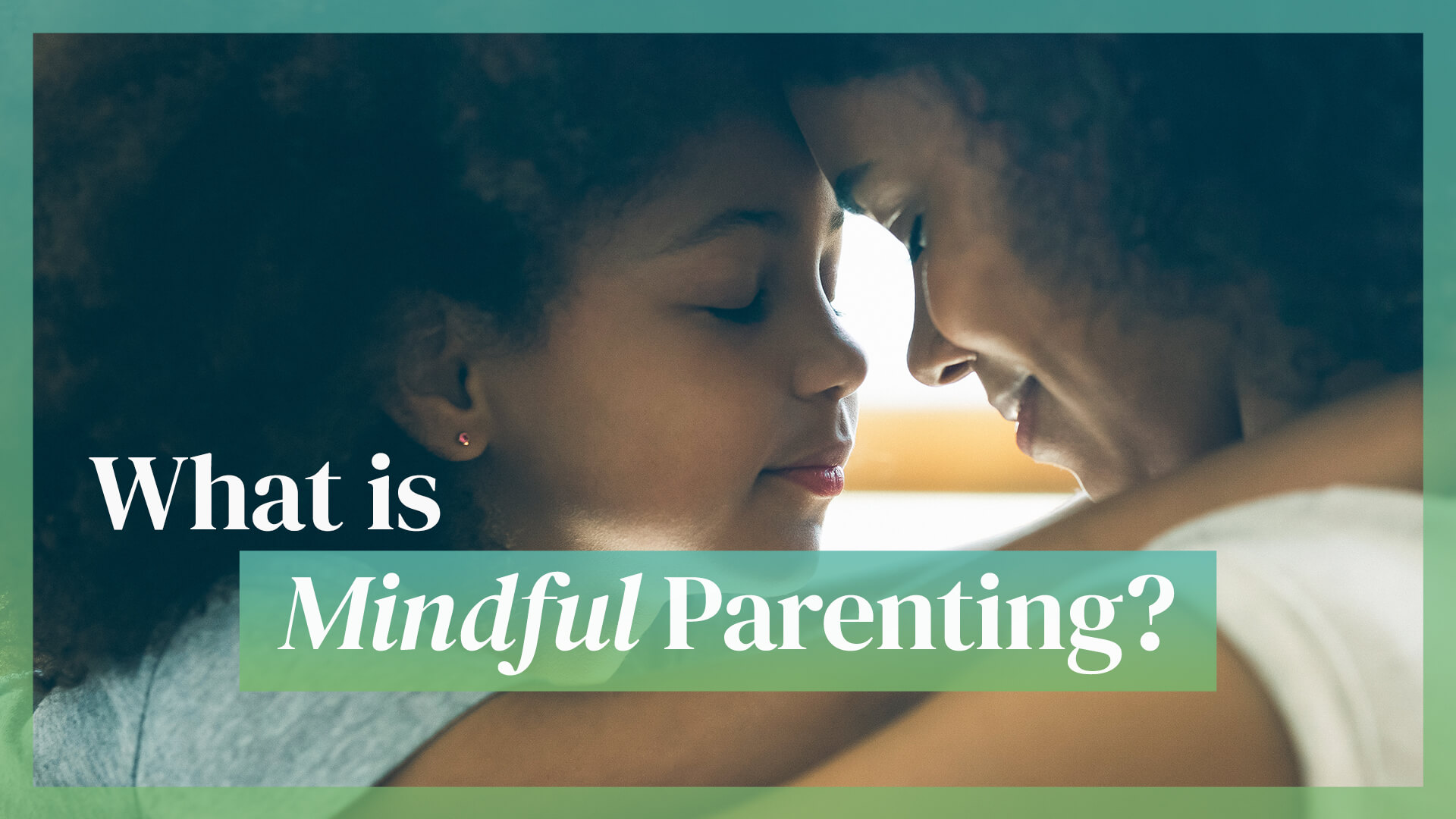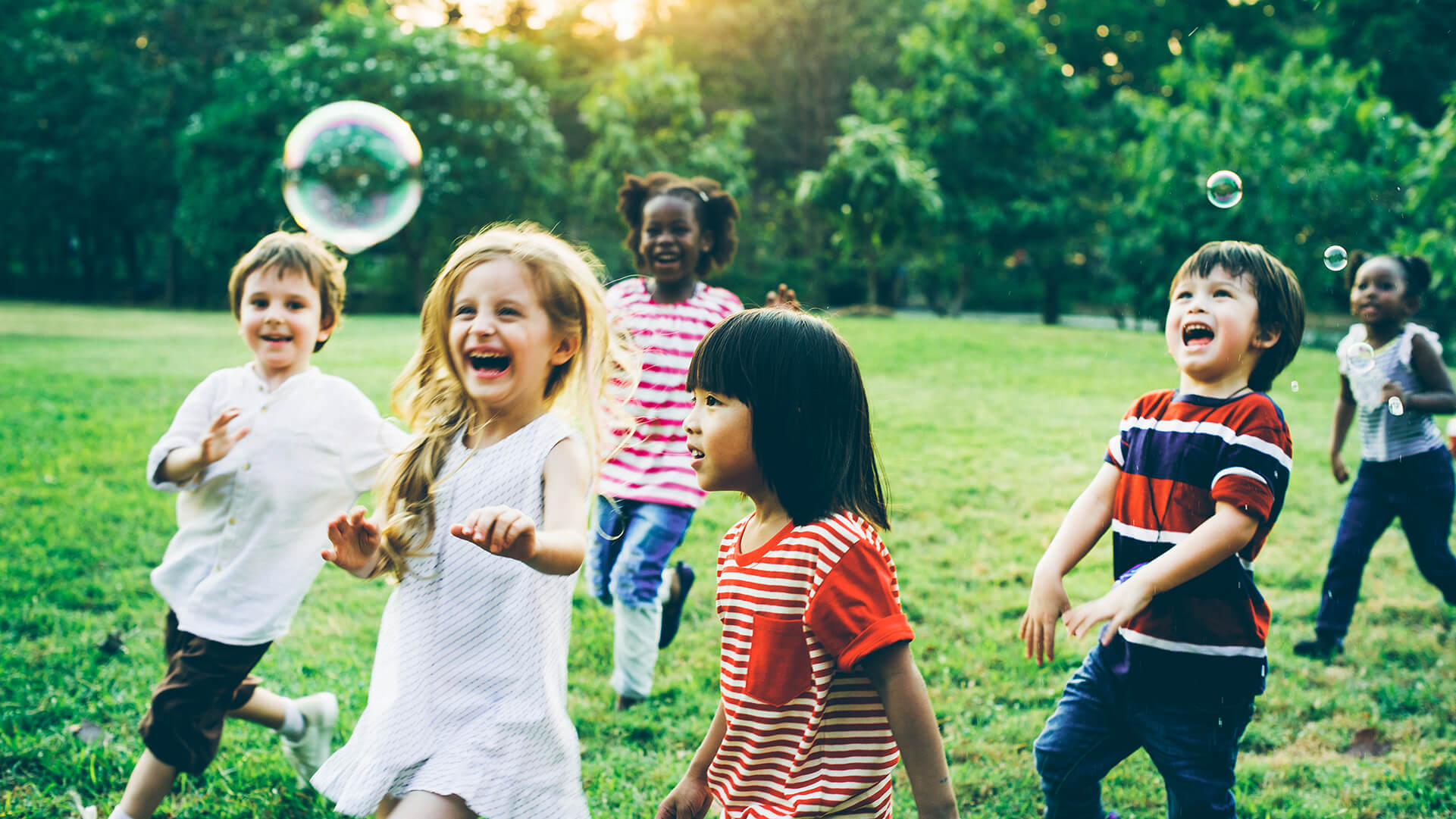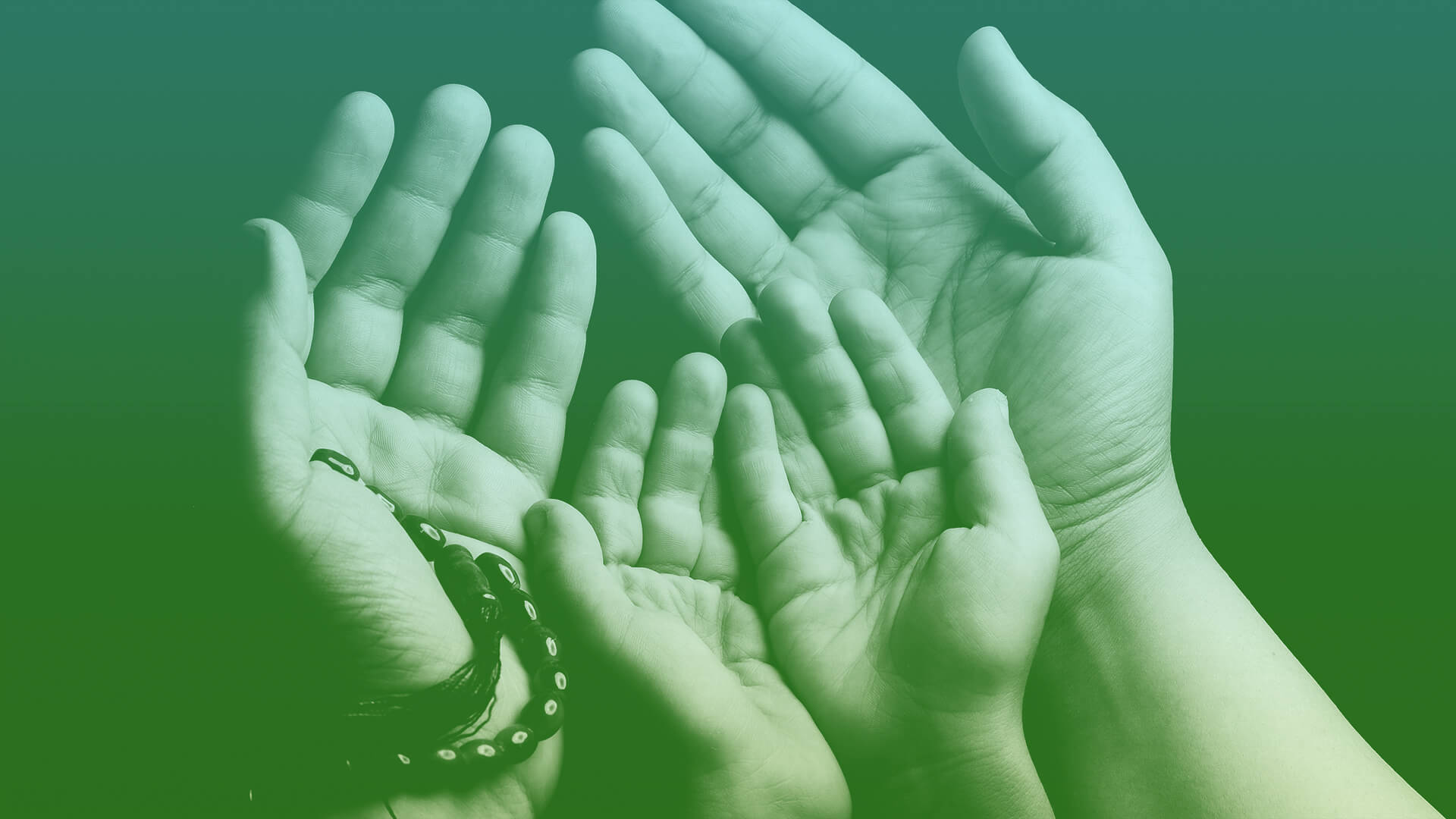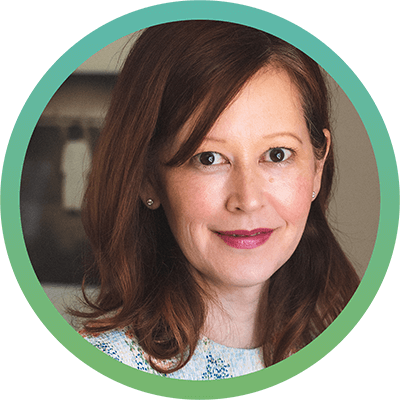
I started this blog in March to share resources as we began the process of adjusting to extraordinary life circumstances. With so much uncertainty in the world these past three months, my blog posts have been focused on building resilience, managing stress, and most recently, compassionate allyship.
This project became a tangible way for me to be of service by offering tools that I’ve learned in my therapy training and that have been helpful to me along the way.
This week, I wanted to rewind a bit and introduce the topic of Mindful Parenting. I’d like to share how the practice of mindfulness informs and supports my parenting practice, and why I teach a mindful approach to my clients.
I was introduced to the practice of mindfulness in my early twenties. Up until then, it rarely occurred to me to slow down and pay attention to the present moment. And if I did, I often felt uncomfortable with my busy thoughts and feelings. This discomfort would lead me to seek out ways to distract myself from my internal experience.
Jon Kabat-Zinn, the author of Full Catastrophe Living and the founder of the Mindfulness-Based Stress Reduction program, describes mindfulness as “the awareness that arises from paying attention, on purpose, in the present moment and non-judgmentally” (emphasis added).

My Path to Mindful Parenting
As a 22 year-old, I had a lot of judgments, and most of them were directed at myself. So beginning a practice that’s rooted in paying attention to the present moment without judgment was profoundly eye-opening. In some ways, being fully present felt almost like waking up from a dream. I felt like I had stepped more fully and consciously into my own life.
Cultivating a practice of present moment awareness enabled a greater capacity to tolerate uncomfortable emotions. I saw more and more clearly the temporary nature of all feelings and experiences, making even the most challenging ones more bearable.
I didn’t know it at the time, but my mindfulness practice in young adulthood became a training ground for me to eventually become a mindful parent. I’d like to share five ways that mindfulness has supported my parenting practice. I hope these will be helpful to you, too.
- Mindfulness allows me to be intentional about how I begin my day.
When I wake up in the morning, I check in with my thoughts, feelings, and body. I think of three things that I’m grateful for and notice the sensations in my body as I reflect on these things. This sets the tone for my morning and helps me to focus on what’s most important.After my morning check in and gratitude practice, I set one intention for the day.
This intention varies, depending on what I’m needing on any given morning, but it’s usually centered around connecting to patience, presence, or kindness. (For example, I choose to stay connected to patience today.) When I’m clear on my intention, I begin my morning. I use my chosen intention as an anchor to come back to as needed throughout the day. - Mindfulness helps me to pause, when agitated, and connect to my body and breath.
A simple inquiry that I find particularly helpful is: What’s the story that’s coming up for me right now? This is illuminating for me because sometimes the story that enters my mind is an old story that has nothing to do with the present moment. When I recognize that, I release the story and look at the moment with fresh eyes. - Mindfulness allows me to be thoughtful about how I enter into situations.
On auto-pilot, I might storm into a stressful situation with an agenda to figure out who’s at fault or to put a stop to challenging behavior. When my intention is to be mindful, I can calmly enter with a beginner’s mind (a Zen Buddhist term that refers to having an attitude of openness), seeking to understand rather than presuming to know all of the answers. - Mindfulness gives me the ability to tune into my kids and to be curious about what they’re feeling and needing.
When I’m paying attention in the present moment, I can focus on what they’re saying and truly hear them. There’s a different quality of attention that I give when I’m half listening while walking around the house putting things away versus pausing, making eye contact, and listening with my full presence. I feel the difference and I know that my kids do, too.Of course we can’t offer undivided attention one hundred percent of the time. Part of mindfulness practice for me has been to discern when this type of attention is most needed and to offer it then.
- Mindfulness teaches our kids how to be present for their feelings and to trust that there’s a spaciousness that can hold everything that comes up.
As parents, when we sit calmly with our kids and hold space for their feelings, they learn that there’s room for all of their emotions, even the most challenging ones. When we respond to them mindfully, they eventually learn to be mindful themselves, growing their internal capacity to tolerate and move through difficult feeling states.

Time to Reflect
If I could distill everything I’ve learned from my experience as a mom and a therapist into one piece of advice, it would be to prioritize the connection with your kids over everything else that needs to get done. Make the relationship with your kids more important than the to-do list, getting to school (or to the Zoom class) on time, having a clean room, screen time, homework battles, bedtime, and any other challenging behavior or situation.
This is where mindfulness comes in and allows us the grace of pausing for one breath. Pausing to take that breath (again, and again, and again), allows us the moment that we need to pay attention to what’s happening in the present moment, non-judgmentally. Without judging ourselves, our kids, or even the present circumstance.
In this pause, we have the ability to choose our next step. Rather than reacting automatically, from an impulse dictated by a dysregulated nervous system, we have the capacity to hold all that we are thinking, feeling, and experiencing with compassionate awareness. We can observe rather than react. And when we observe our frustration, stress, or feelings of overwhelm, we can acknowledge the pain of this moment and offer ourselves empathy and compassion.
This practice of noticing and responding with kindness changes how we relate to ourselves, heals the wounds of not having our emotional needs met consistently in childhood, and allows us the ability to offer kindness to our kids when they’re struggling.
